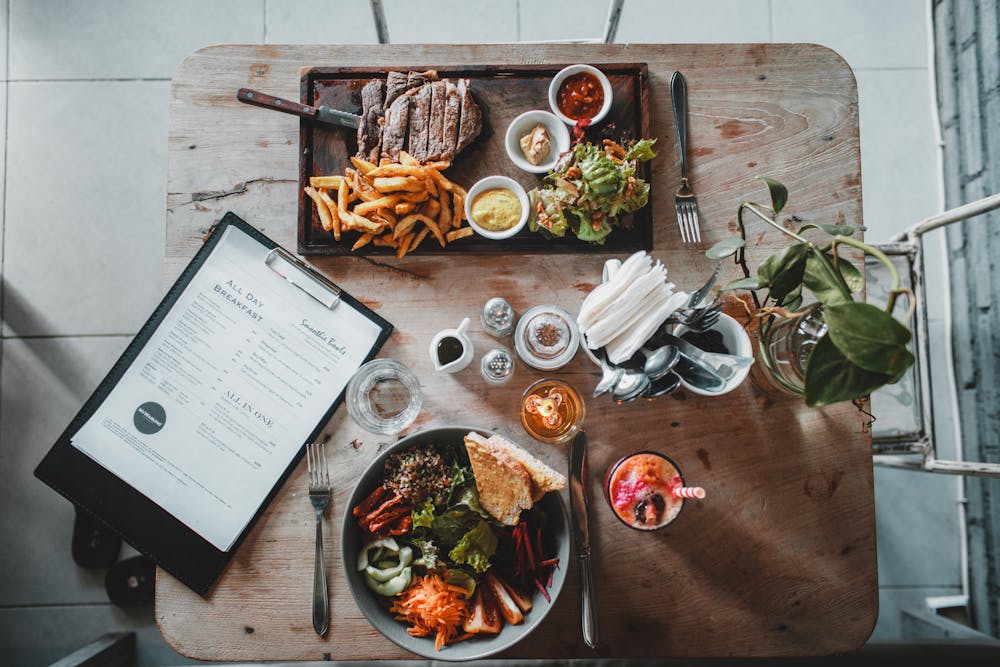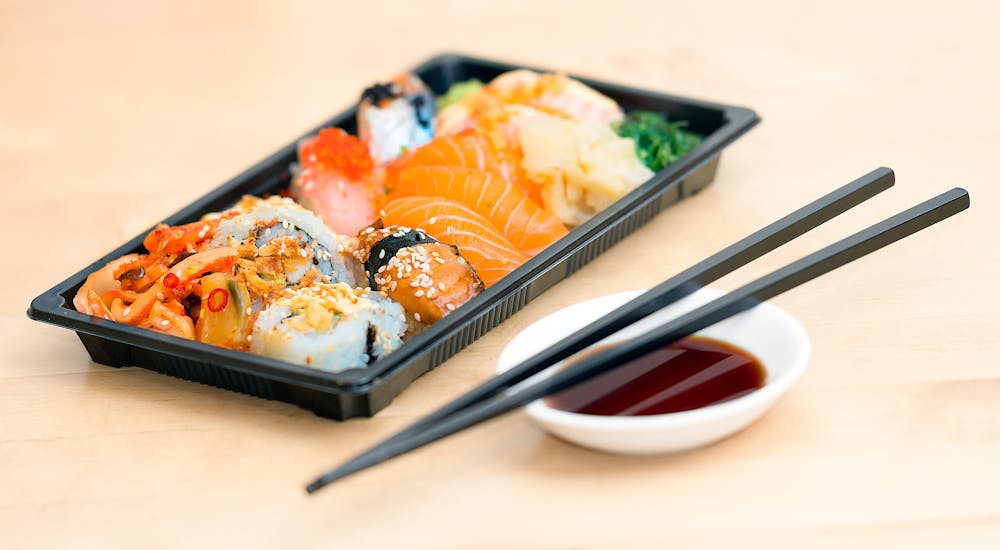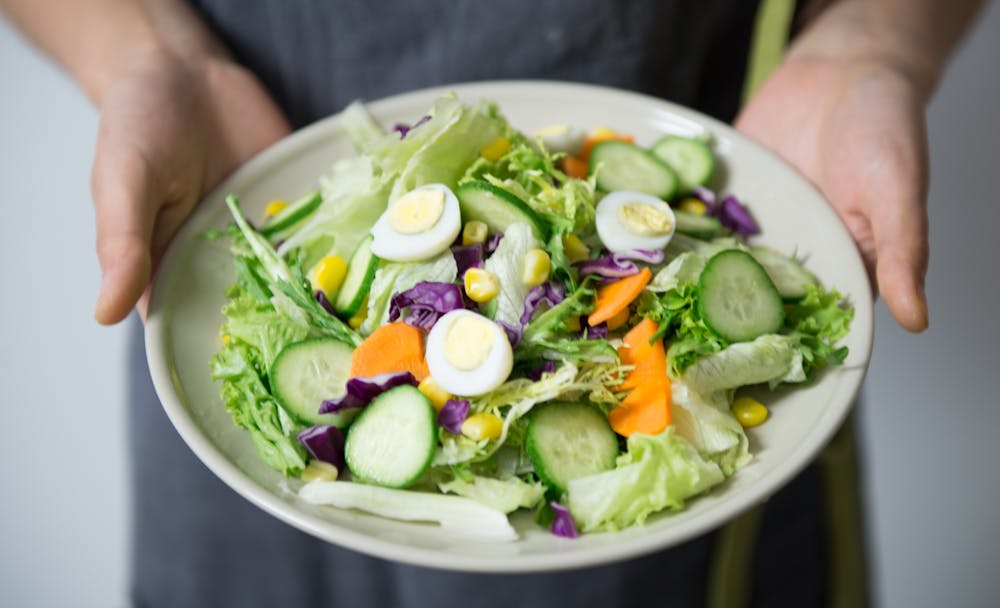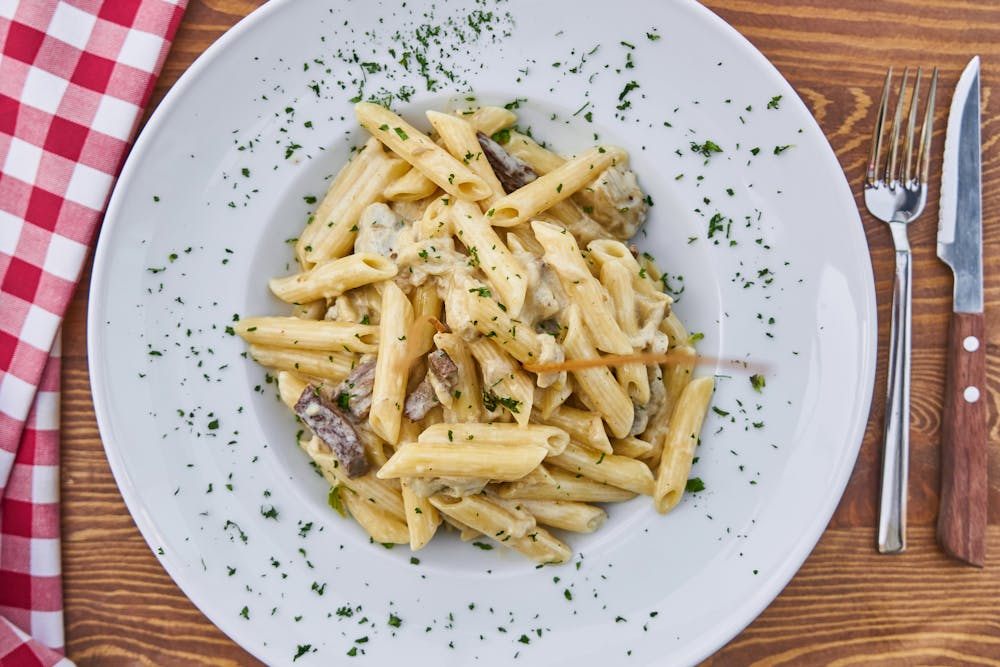When it comes to our health, what we eat plays a significant role – and one aspect that’s been gaining attention lately is the relationship between food and inflammation. As someone who’s experienced the effects of inflammation firsthand, I’ve learned the importance of choosing foods that can help calm inflammation and avoiding those that may exacerbate it.
 First things first, let’s talk about inflammation – what exactly is it? Inflammation is a natural immune response that occurs in the body as a defense mechanism against injury, infection, or toxins. It’s our body’s way of healing and protecting itself. However, when inflammation becomes chronic or persistent, it can lead to a host of health issues, including autoimmune diseases, heart disease, and even cancer.
First things first, let’s talk about inflammation – what exactly is it? Inflammation is a natural immune response that occurs in the body as a defense mechanism against injury, infection, or toxins. It’s our body’s way of healing and protecting itself. However, when inflammation becomes chronic or persistent, it can lead to a host of health issues, including autoimmune diseases, heart disease, and even cancer.
 So, what role does food play in inflammation? Well, it turns out that certain foods can either fuel inflammation or help quell it. Let’s start with the good stuff – anti-inflammatory foods. These are foods that are rich in antioxidants, vitamins, minerals, and other nutrients that help reduce inflammation and support overall health. Think colorful fruits and vegetables, fatty fish like salmon and mackerel, nuts and seeds, olive oil, and whole grains. These foods are packed with anti-inflammatory compounds that can help soothe inflammation and promote healing within the body.
So, what role does food play in inflammation? Well, it turns out that certain foods can either fuel inflammation or help quell it. Let’s start with the good stuff – anti-inflammatory foods. These are foods that are rich in antioxidants, vitamins, minerals, and other nutrients that help reduce inflammation and support overall health. Think colorful fruits and vegetables, fatty fish like salmon and mackerel, nuts and seeds, olive oil, and whole grains. These foods are packed with anti-inflammatory compounds that can help soothe inflammation and promote healing within the body.
 On the flip side, there are also foods that can trigger or exacerbate inflammation. These are often highly processed, sugary, or high in unhealthy fats. Some common culprits include refined carbohydrates like white bread and sugary snacks, processed meats like bacon and hot dogs, fried foods, and sugary beverages. These foods can promote inflammation in the body and contribute to a host of health problems over time.
On the flip side, there are also foods that can trigger or exacerbate inflammation. These are often highly processed, sugary, or high in unhealthy fats. Some common culprits include refined carbohydrates like white bread and sugary snacks, processed meats like bacon and hot dogs, fried foods, and sugary beverages. These foods can promote inflammation in the body and contribute to a host of health problems over time.
 But it’s not just about what we eat – it’s also about how we eat. Eating a balanced diet that’s rich in whole, unprocessed foods and low in refined sugars and unhealthy fats is key to keeping inflammation in check. It’s also important to listen to our bodies and pay attention to how different foods make us feel. If certain foods seem to trigger inflammation or exacerbate symptoms, it may be worth considering eliminating or reducing them from our diets.
But it’s not just about what we eat – it’s also about how we eat. Eating a balanced diet that’s rich in whole, unprocessed foods and low in refined sugars and unhealthy fats is key to keeping inflammation in check. It’s also important to listen to our bodies and pay attention to how different foods make us feel. If certain foods seem to trigger inflammation or exacerbate symptoms, it may be worth considering eliminating or reducing them from our diets.
 In addition to choosing the right foods, other lifestyle factors can also play a role in inflammation. Regular exercise, stress management, adequate sleep, and staying hydrated are all important for maintaining a healthy balance within the body and reducing inflammation.
In addition to choosing the right foods, other lifestyle factors can also play a role in inflammation. Regular exercise, stress management, adequate sleep, and staying hydrated are all important for maintaining a healthy balance within the body and reducing inflammation.
 So, when it comes to food and inflammation, the key is to focus on nourishing our bodies with whole, nutrient-dense foods that support our overall health and well-being. By making mindful choices about what we eat and how we eat, we can help keep inflammation at bay and promote optimal health for years to come. Here’s to eating well, feeling good, and living life to the fullest!
So, when it comes to food and inflammation, the key is to focus on nourishing our bodies with whole, nutrient-dense foods that support our overall health and well-being. By making mindful choices about what we eat and how we eat, we can help keep inflammation at bay and promote optimal health for years to come. Here’s to eating well, feeling good, and living life to the fullest!

